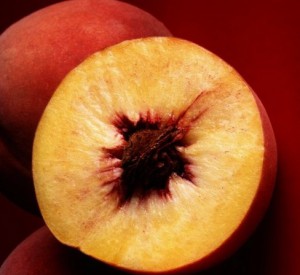When Organic Really Matters in the Produce Section
Does the word make your wallet wince?
If it does, you’re going to love – and hate – the latest news from the Environmental Working Group – a nonprofit research group based in Washington DC.
Each year, the EWG publishes two lists – one for the most contaminated fruits and vegetables, the other for the least worst offenders.
In my house, we use the Clean 15™ list to tell us which foods are probably just fine for us to buy in the regular produce section. The Dirty Dozen Plus™ list, those edibles considered the most contaminated, is a guide for fruits and vegetables that are probably best purchased in the organic section.
Can’t afford organic? Consider this advice from the Environmental Working Group: “…eating conventionally-grown produce is far better than not eating fruits and vegetables at all.”
It’s also an incredibly important part to eating healthy and losing weight.
The Clean 15™
- onions
- sweet corn
- pineapples
- avocado
- cabbage
- sweet peas
- asparagus
- mangoes
- eggplant
- kiwi
- cantaloupe (domestic)
- sweet potatoes
- grapefruit
- watermelon
- mushrooms
Want to avoid pesticides? Watch out for the Dirty Dozen Plus™
- apples
- celery
- sweet bell peppers
- peaches
- strawberries
- imported nectarines
- grapes
- spinach
- lettuce
- cucumbers
- domestic blueberries
- potatoes
The EWG also recommends going organic when it comes to green beans and kale/greens because they contain toxic insecticides.
Source: Environmental Working Group news release
Alice Warchol is a freelance health blog writer and fitness instructor
+ Find a Fitness and Weight Loss Program
+ Read about Nutrition and Weight Loss

